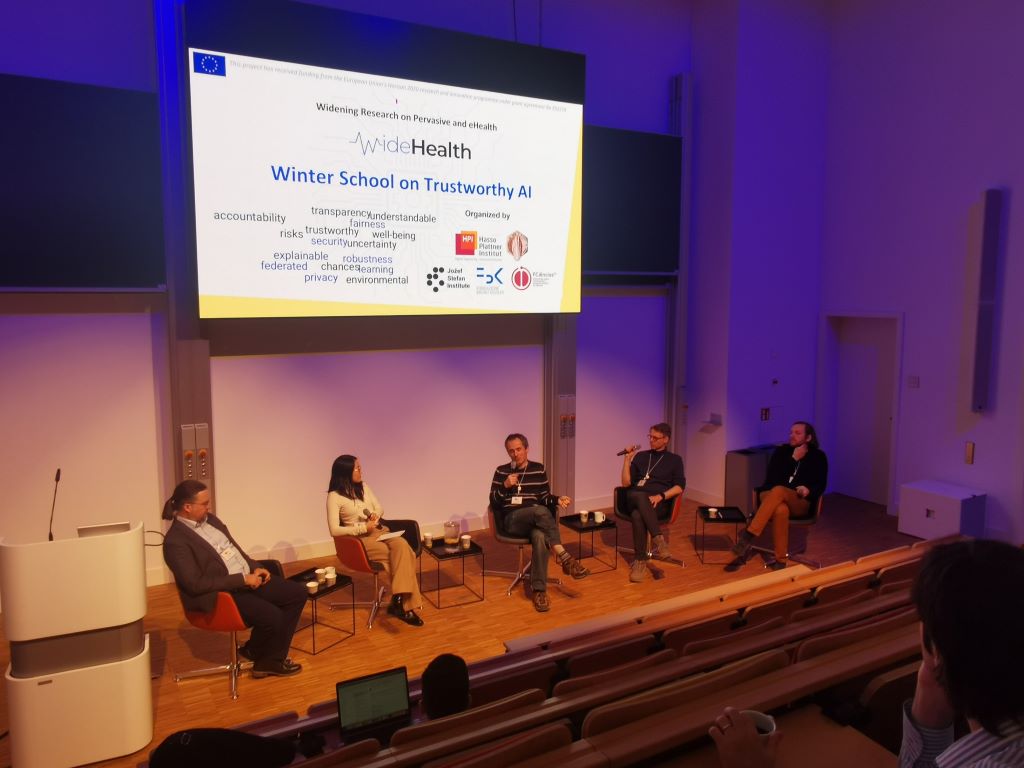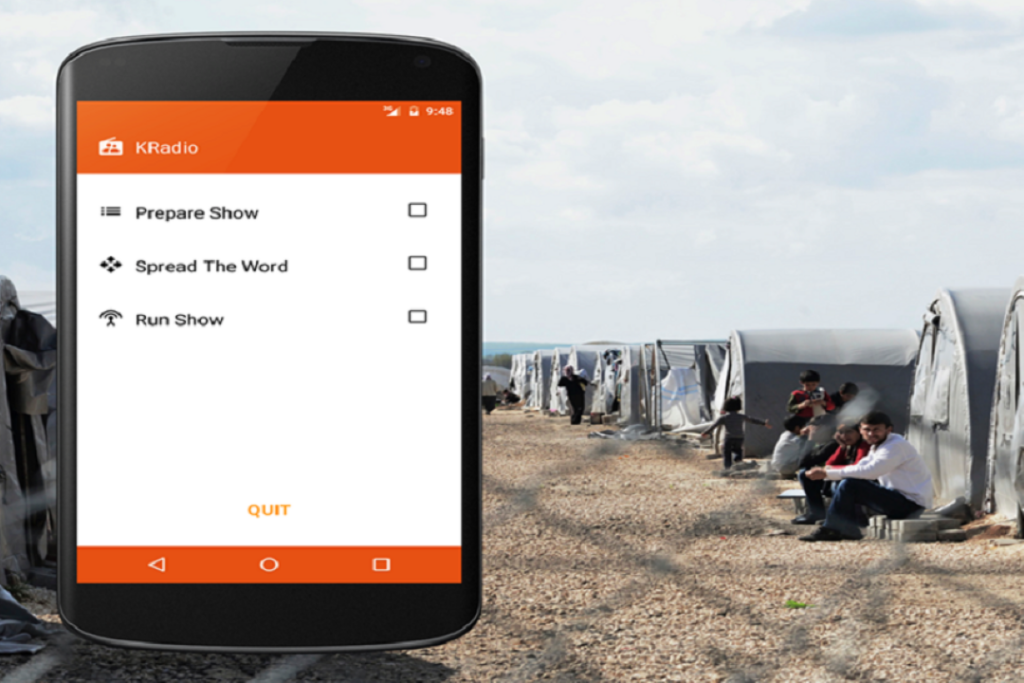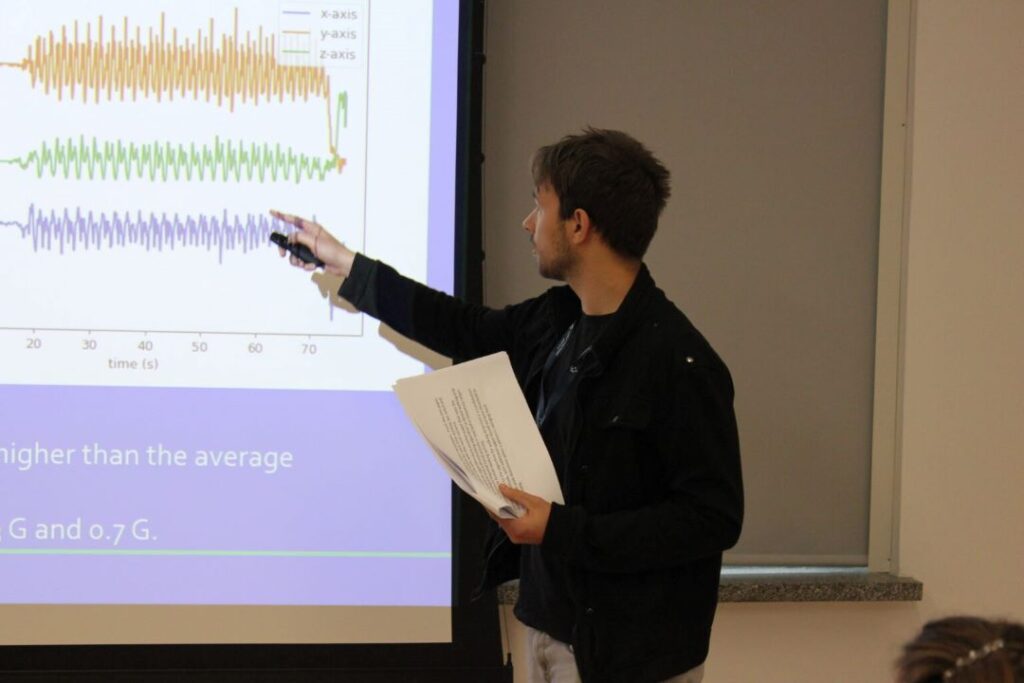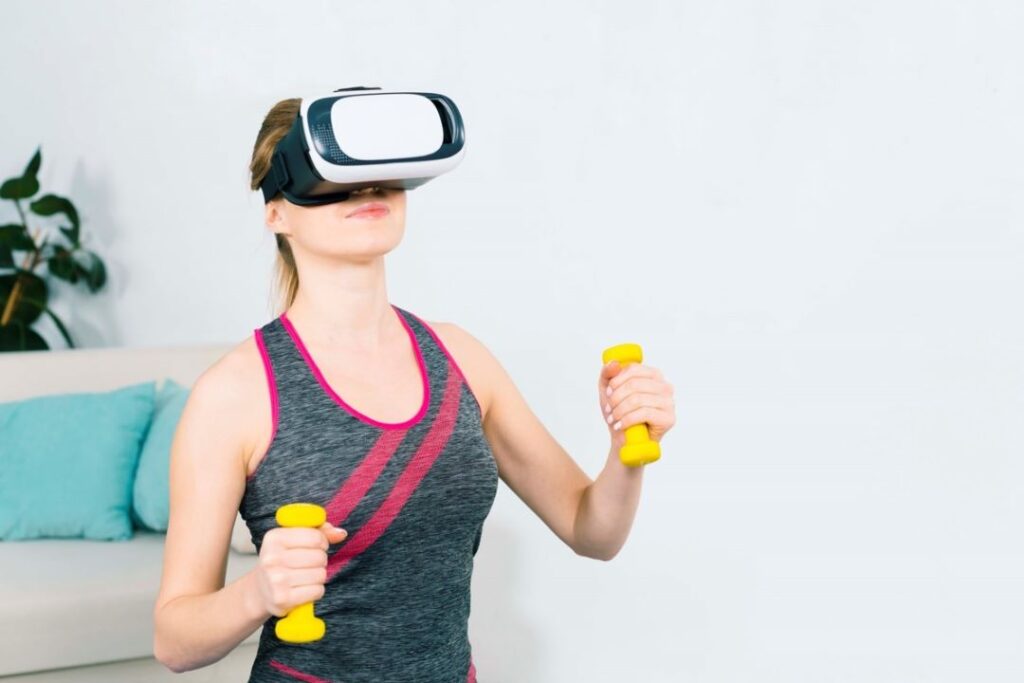Dear reader, welcome to our fourth and final WideHealth newsletter! We are excited to share the culmination of our project’s achievements. Inside, you will find an overview of our project activities, key outcomes, and results. Our training courses, seminar recordings, and research publications are all accessible for free, reflecting our commitment to sharing knowledge. As we conclude this project, we would like to extend our gratitude to everyone who has contributed, supported, and engaged with WideHealth. Your dedication has been instrumental in making this project a success, and we are confident that the impact of our collective efforts.
WideHealth Thematic Schools
The project successfully organized three thematic schools, with the primary aim of enhancing the knowledge and technical competencies of undergraduate and graduate students in the domain of pervasive health. The initial school encompassed a broad overview of e-Health and Pervasive Technologies, followed by the second school concentrating on Human Factors in Pervasive Health. The concluding school revolved around the theme of Trustworthy AI, placing a special emphasis on federated learning. For further details on these schools, click on the images below.
WideHealth Training Materials
Leveraging the training materials developed throughout the project’s duration, we successfully launched the WideHealth training repository. This repository comprises four distinct thematic courses, each delving into the specific project research topics. These courses include “Data Analytics and Pervasive Health,” “Machine Learning for Human Activity Recognition with Wearables,” “Human Factors in Pervasive Health,” and “Trustworthy AI”. Click on the images below to access these courses. Furthermore, specialized training materials centered around research management and administration were made accessible through a dedicated page on the project’s website.
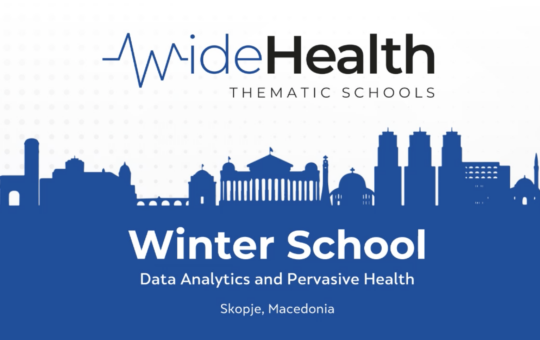
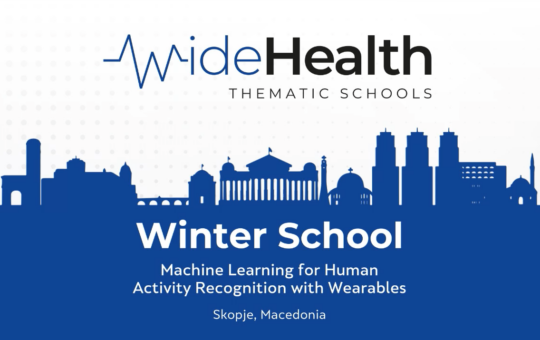


Conferences and Workshops
The project partners jointly organized five project events at international conferences, out of which three workshops held at international conferences, one dedicated conference, and a special session. Beyond their organizational role, these events served as pivotal platforms for the widespread dissemination of partners’ endeavors, with a specific focus on showcasing the ongoing and developed research work within the project. For comprehensive details regarding these events, please click on the images below.
WideHealth Seminar Series
The WideHealth project offered lectures and seminars covering specific research domains, including data-driven healthcare, human factors in pervasive health, and federated machine learning. These activities encompassed both in-house seminars for internal stakeholders and public seminars addressing e-health topics. The project effectively disseminated a total of 18 public seminars over its duration. The seminar videos are available on YouTube and can be accessed through the provided links.
Open Access Publications
Over the span of the project, the WideHealth partners (co-)authored a total of 30 research papers concentrating on selected pervasive health topics, with 20 of these being joint efforts. All these papers are readily accessible for open access. To access and download these publications, please click on the provided links.
Project Online Presence
Make sure to check out our diverse communication channels where you can discover interesting eHealth and pervasive health content, ranging from informative articles and engaging videos to project events, open access publications, and much more.



